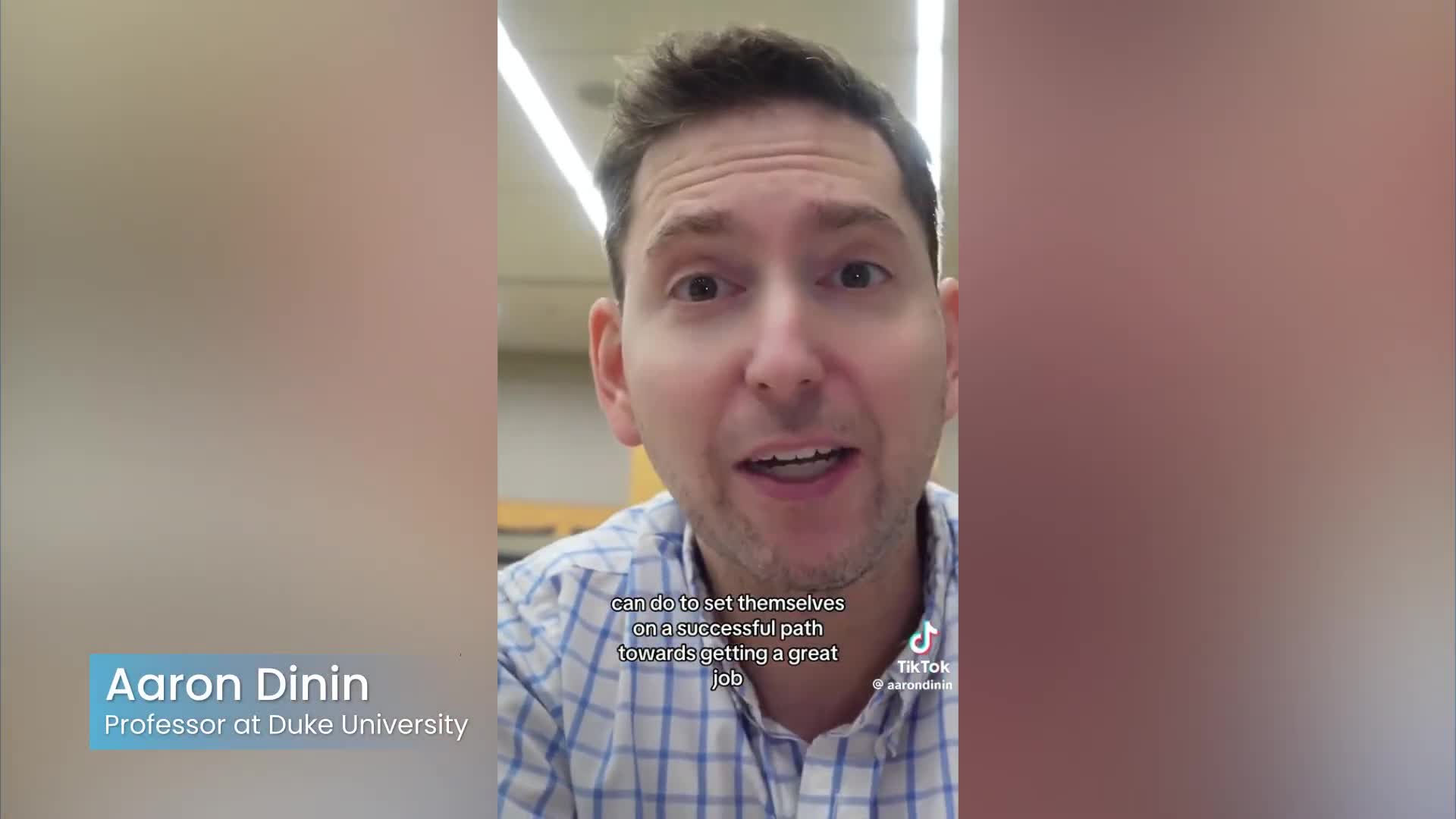Career Development
Career development is an ongoing and structured process that empowers individuals to acquire new skills, knowledge, and experiences that propel them toward their long-term professional goals. This multifaceted journey encompasses both self-directed initiatives, such as pursuing professional development courses and establishing mentorships, as well as organizational support mechanisms, where employers facilitate career advancement by aligning growth opportunities with employee aspirations. Essential to effective career development is the initial self-assessment phase, which helps individuals identify their strengths, interests, and values, forming the foundation for setting realistic, measurable career goals. In the context of recent workforce changes, the concept of career development highlights the intersection of personal ambitions and company objectives. Organizations increasingly recognize that investing in employee professional development not only enhances workforce competency but also yields business benefits through improved job promotion strategies and employee retention. As the landscape of work continues to evolve, notably with the rise of hybrid work environments and the integration of artificial intelligence across industries, adaptability and continuous learning become paramount. Professionals are now expected to embrace lifelong learning and specialization to meet fast-changing demands, ensuring they remain competitive in a technology-driven work environment. Overall, contextualizing career development in today’s dynamic professional landscape involves recognizing its role in achieving fulfillment, resilience, and long-term success.
What's the number one thing incoming first-year students can do to set themselves on a successful path towards getting a great job when they graduate?
The most effective strategy for first-year students is to create a LinkedIn profile immediately and actively post content about their industry interests twice weekly throughout their four years at university. Students should share interesting articles, insights from relevant classes, and internship experiences authentically. This consistent engagement demonstrates passion and knowledge to potential employers. By maintaining this LinkedIn presence, students build a substantial history that makes them stand out when applying for jobs after graduation. Employers will recognize them as more passionate and knowledgeable than other applicants, significantly enhancing their attractiveness as potential hires. This underutilized strategy opens up numerous professional connections and opportunities that most students miss.
Watch clip answer (02:07m)What are consulting firms looking for in candidates beyond technical skills?
Consulting firms seek humans they genuinely like and who are uniquely human - not just technically qualified, but people who are awesome, fun, and bring something valuable to the table. In interviews, they're assessing whether candidates can establish personal connections and share meaningful insights from networking conversations. This human element has become increasingly important in the hiring process. When candidates are asked why they want to work at a specific firm, those who can authentically reference conversations with current employees and demonstrate genuine enthusiasm stand out. The ability to build rapport and tell compelling stories often determines who receives offers, highlighting that consulting is fundamentally a people business.
Watch clip answer (00:03m)What are the most effective platforms for applying to tech internships and why?
The tech career coach recommends exclusively applying through company websites or specialized job forums like AngelList and LinkedIn. These platforms are superior to mainstream job sites because they provide additional tools that enable networking with people involved in the roles you're applying for. Networking is crucial in job hunting, with studies showing 70-85% of jobs are landed through networking connections. The coach emphasizes that networking simply means talking to people who can connect you to opportunities. These specialized job forums facilitate making these valuable connections, making them the coach's personal favorite way to find opportunities in the tech industry.
Watch clip answer (00:10m)How can LinkedIn benefit older college students in their career development?
LinkedIn offers older college students a valuable platform to create professional profiles and build meaningful connections that give them a head start on developing their professional network. By establishing a presence on LinkedIn, students can bridge the gap between academia and the professional world. These connections often lead to lasting impressions and make the job market feel more accessible and less intimidating. Through informal conversations and professional networking, students gain confidence in approaching their career planning, empowering them to take charge of their future career paths with greater clarity and purpose.
Watch clip answer (00:16m)How can college students effectively use LinkedIn for their career development?
College students should embrace LinkedIn despite concerns about lack of experience. LinkedIn is an essential platform for building professional networks and landing jobs. Students should create an engaging profile that showcases their skills and experiences, aiming for 'All Star' status. Regular engagement is key - creating posts about achievements, learnings, or promoting others can provide value to followers. Even with a small network, posts can gain significant visibility (800+ views) and connect students with recruiters. The LinkedIn job board is superior to other platforms, making it a crucial tool for students to brand themselves and secure their first professional role.
Watch clip answer (00:13m)Why is it important to optimize the first sentence of your LinkedIn summary for mobile viewing?
When viewing LinkedIn profiles on mobile devices, only about three lines of your summary are visible before being cut off with a 'show more' option. This makes the first sentence crucial as it's what most viewers will see initially. Brenda emphasizes making this opening compelling enough to encourage visitors to stay on your profile and click 'show more.' Additionally, providing comprehensive content in your summary improves your visibility in LinkedIn search results, as the platform's algorithm favors profiles with more detailed information.
Watch clip answer (00:52m)




